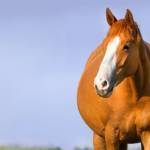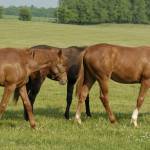Health
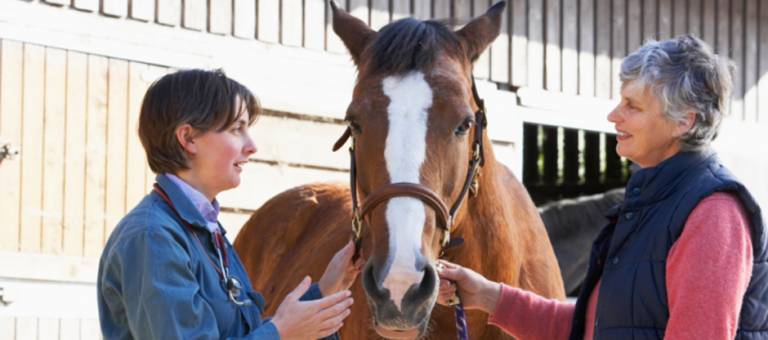
May 19, 2011
A Novel Treatment for Sarcoids in Horses
Austrian researchers believe that topical application of acyclovir is useful in the treatment of sarcoids. Acyclovir is an antiviral

May 19, 2011
Effect of Stress, Exercise, Feed Form, and Meal Size on Gastrin Levels in Horses
Meals of hay and concentrates cause gastrin levels to rise, increasing gastric acid production. Excess gastric acid production is

May 18, 2011
Removal of Molars in Horses Using a Surgical Approach
Diseased or damaged molars or cheek teeth must often be removed. A retrospective study of over 110 horses by

May 16, 2011
Equine Herpesvirus Infection
EHV can be divided into several different types based upon the disease that each causes.

May 16, 2011
Pick Out Your Horse’s Feet Before Trailering
Before you put your horse in the trailer and head out for a show or trail ride, pick out

May 16, 2011
Equine Neurologic Exam: What to Look For
A veterinarian can tell a lot about a horse’s neurologic condition simply by watching the horse move and interact
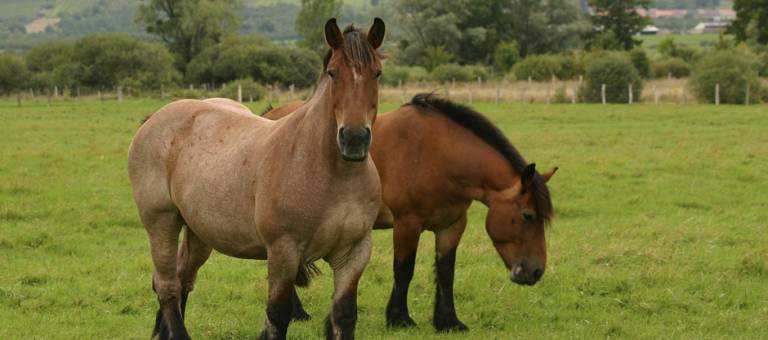
May 13, 2011
Equine Atypical Myopathy
The disease is most often seen in autumn in young horses kept at pasture without grain supplementation.
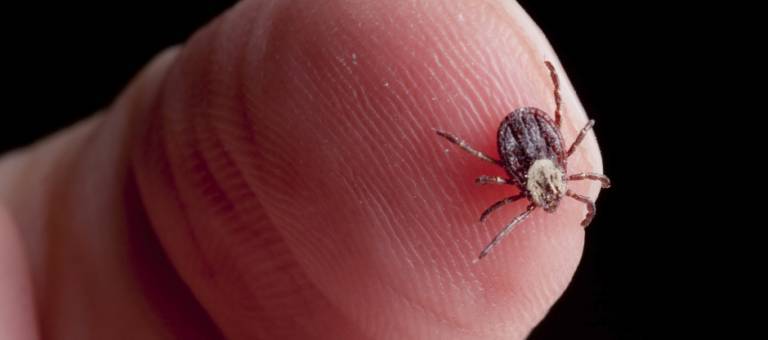
May 12, 2011
Equine Piroplasmosis
Equine piroplasmosis is caused by protozoal parasites that infect a horse's blood. Natural transmission is by ticks, but the
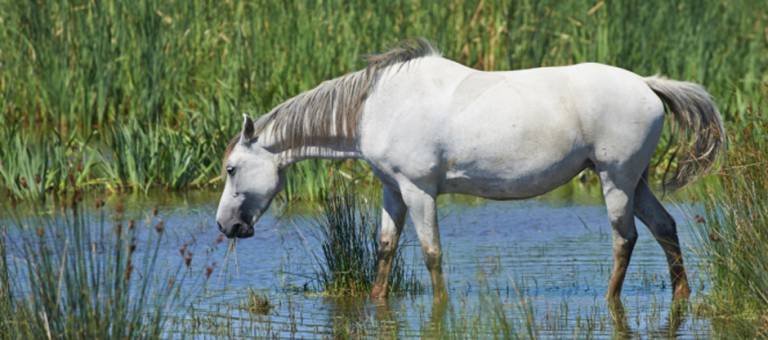
May 10, 2011
Pythiosis Skin Infections in Horses
Pythiosis—also known by the appealing monikers of swamp cancer, leeches, or kunkers—is caused by Pythium insidiosum, a one-celled organism that

May 09, 2011
Tying-Up in Standardbred Horses
Affected Standardbreds in this study also had faster lap times and a higher winning percentage than their unaffected peers.





